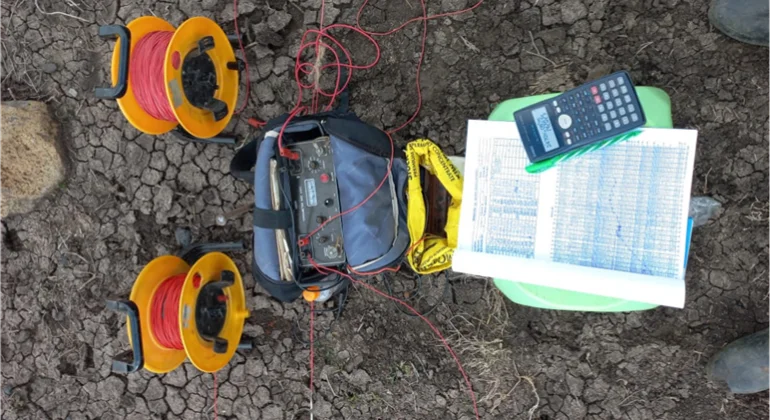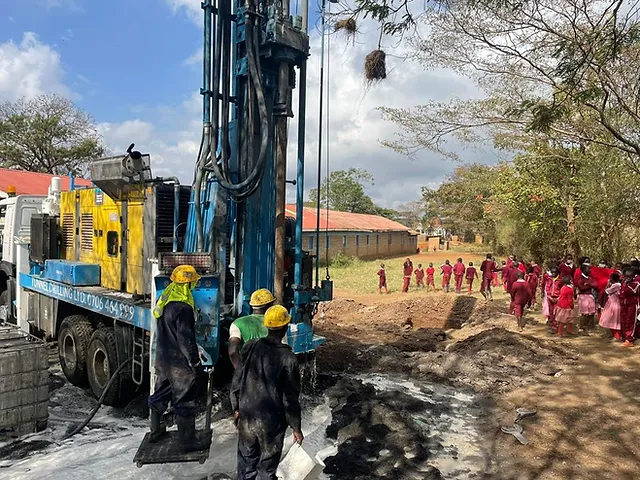To drill a borehole in Kenya either for domestic or Industrial use, one requires specific documents from the Kenyan authorities:
1. Hydro-geological Survey Report The process of drilling a borehole begins with a hydrogeological survey. This survey examines the groundwater potential within the area so as to eventually exploit the resources by drilling the borehole to serve the client with adequate water for domestic and subsistence purposes. This survey must be carried out by a qualified and registered geologist.

2. Water Resource Authority (WRA) permit. Once the geologist is satisfied with the groundwater potential, authorization to proceed is obtained from the Water Resource Authority (WRA).
3. Environmental Impact Assessment (EIA) & NEMA (National Environment Management Authority of Kenya) Permit An EIA report is an examination of the effects of a project on the environment. The purpose of an EIA is to identify both the negative and positive impacts of any project on people and the environment. This report must be approved by the NEMA authorities in order to issue the permit. If the National Environmental Management Authority (NEMA) is satisfied that the proposed drilling will not have an undesirable impact on the immediate environment, the organization then issues a license. The drilling may then commence although in some cases one may require a no-objection letter from the local water services provider and a local county permit. This permit is a mandatory requirement by law before drilling the borehole (in Kenya only).


